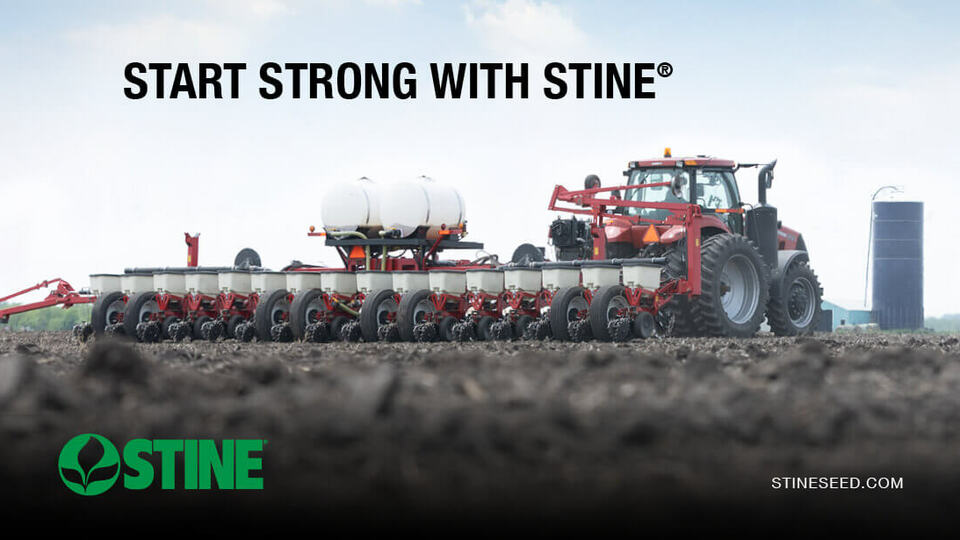
According to the most recent National Census of Fatal Occupational Injuries report (2019), farmers, ranchers and other agricultural managers have among the top most dangerous jobs. Of the dangerous occupations listed, transportation incidents and falls, slips and trips were the top reasons for fatalities. Farm safety is imperative to the livelihood of a farm operation and its operators. In honor of National Farm Safety and Health Week, we’ve dusted off a few of our most important tips to keep you, your family and others F.A.R.M. S.A.F.E. — not only this harvest season but year-round.
Familiarize yourself with potential health and safety hazards on the farm and in the field. Ensure all employees and family members are adequately trained when using any farming equipment. A lack of experience or training can put anyone at risk on the farm.
Alert children about these hazards. Whether helping a parent out in the field or playing on or near farm equipment, children are always at risk of a slip, fall or spill. Consider finding farming safety courses for youth through your local extension office or use online resources to help teach your children the do’s and don’ts around farm equipment.
Rest — it’s important! Long hours in the field contribute to fatigue, which can lead to increased accidents on the farm. While you’re burning the midnight oil, make sure you and your team are well-rested, hydrated and in good health to prevent any accidents, injuries or other setbacks.
Maintain and inspect your farm equipment to ensure it’s running properly before you hit the field. Last week, we provided some of our favorite pre-harvest safety tips for inspecting your equipment. But remember — inspecting and maintaining equipment is a year-round job. Always take a walk around your equipment before you begin operating to check for any wear and tear, loose parts, flat tires and more. Ensure all lights are in working order, especially as you work in the late hours or early mornings, so you (and others) can see where your equipment is heading.
Steer clear of loose clothing around farm equipment as it can get caught and lead to trips or dangerous falls. This is especially true around augers and other equipment where parts are continually in motion. And always wear protective equipment such as gloves, goggles and steel-toed boots to help reduce farm-related work injury.
Avoid power lines, gas pipelines and other hazards on the road. Adjust equipment to its lowest level when traveling so that you’re at least 10 feet or more from power lines. If you plan to dig on your property, remember to call 811 in advance to have gas pipelines and underground electric wires marked before you start a project. And always be aware of your surroundings when driving, especially in areas where children are present or on busy county roads and highways.
Follow instructions. Read safety manuals to ensure you properly operate farm machinery. Each piece of equipment should have manufacturer recommendations for safety usage within its manual.
Employ the buddy system when operating dangerous equipment or working in grain bins or with vertical elevators and augers. Grain bin safety is especially crucial this time of year. Also, wear a mask in and around grain bins and silos to prevent diseases or conditions related to dust and gas inhalation. Always have another person present as you enter a bin and secure yourself to a harness or rope to ensure you have a solid escape plan.
Keep farm safety top of mind today and always. Be aware of your surroundings, know your limits and have an emergency plan in place. Get more tips on harvest safety from your local extension office or by visiting with a Stine sales rep.
Related Articles
-

Stine® to market Enlist E3® Expance™ soybean trait technology
February 2026 in Agronomy
-

Leveraging drone technology for improved research
February 2026 in Agronomy
-

MX Series Corn by Stine®: Proven performance for 2026
January 2026 in Agronomy
-

Start strong with Stine®: Maximizing your 2026 potential
January 2026 in Agronomy



